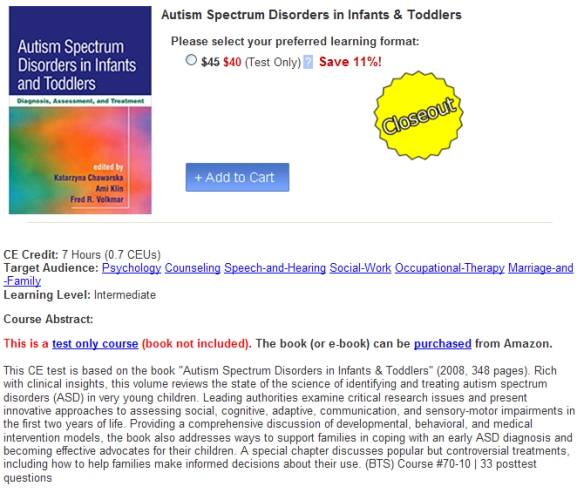 TV sets, laptops, iPads and iPhones are modern society’s instruments for increased productivity, social connectedness and entertainment after a long day’s work. Ironically, a new study published in Molecular Psychiatry shows that these devices also contribute to an increase of major depressive disorder.
TV sets, laptops, iPads and iPhones are modern society’s instruments for increased productivity, social connectedness and entertainment after a long day’s work. Ironically, a new study published in Molecular Psychiatry shows that these devices also contribute to an increase of major depressive disorder.
The 24-hour society made possible by the advent of the electric light bulb has come at a significant biological cost. Light at night disrupts the body’s natural circadian rhythms and has been linked to breast cancer, heart disease and obesity.
The new experiment, led by Tracy Bedrosian, a doctoral student in neuroscience at Ohio State University, analyzed the relationship between exposure to artificial light at night and mood disorder. The subjects of the study were adult female hamsters, since females — both rodent and human — are twice as likely as males to develop major depressive disorder. One group of hamsters was kept on a cycle of 16 hours of normal light and eight hours of dim light, which was five times brighter than the maximum light power of a full moon and comparable to light pollution in urban centers. The control group of hamsters was on a schedule of 16 hours of daylight and eight hours of darkness.
The researchers tested the hamsters in the nighttime light group for signs of depression. After four weeks of sleeping with light at night, the hamsters lost some of their appetite for sugar. In addition, when forced to swim, the animals spent more time immobile in the water and less time trying to reach safety.
According to the research team, the results show that there was some physiological change in the hamsters’ brains when they were exposed to light at night.
For instance, they produced more of a protein called TNF, or tumor necrosis factor. This is one of a family of proteins called cytokines — chemical messengers in the body that are released in response to injury or inflammation. If they are released constantly — such as during exposure to light at night — damage occurs that could result in depression. In the brain, the hippocampus is extremely vulnerable because it has many receptors for these cytokines. The hippocampus plays a critical role in major depressive disorder.
Furthermore, the amount of nighttime light used in the study is enough to suppress the release of melatonin, which is linked to depressive effects. Melatonin is a hormone secreted during the dark, and when that doesn’t happen, the body’s time-of-day information is distorted. In rodents, melatonin prevents stress-induced, depression-like behaviors.
The study authors noted that 99% of people in the United States and Europe deal with light pollution on a nightly basis. This could account for some of the increase in the incidence of major depression over the last few decades, they wrote, adding that further research is necessary to explore the extent of the link.
There was some good news: The negative effects of exposure to light at night are reversible if that exposure is decreased. Within two weeks of returning the hamsters to a standard light/dark cycle, the hamsters regained their taste for sugar and were more willing to swim, the researchers reported. Also, hamsters that were forced to endure the nighttime light but allowed to take a drug that inhibited their production of TNF swam just as much as the control hamsters on the normal light/dark schedule.














